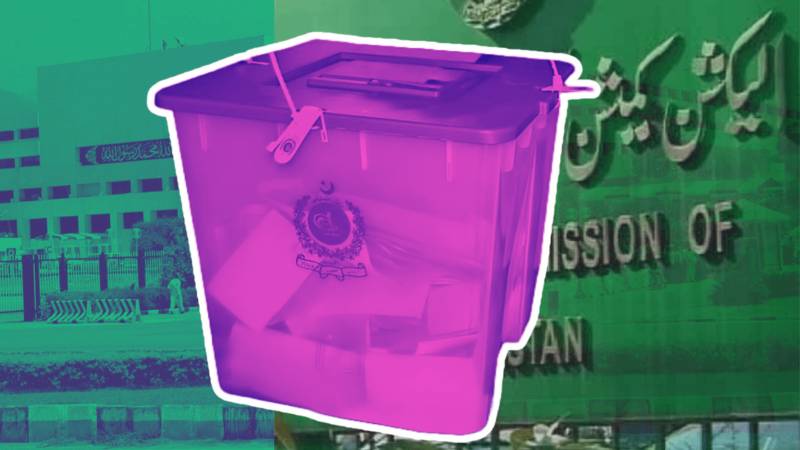
Extensive reforms are required in the country's electoral regime so that all marginalised groups in Pakistan can be brought into the political mainstream and empowered.
This was stressed during a conference organised by the Human Rights Commission of Pakistan (HRCP) in partnership with the Friedrich Naumann Foundation for Freedom (FNF).
HRCP Secretary-General Harris Khalique underscored the necessity of creating a level playing field for voters and candidates. He called for extensive reforms to improve the political and electoral participation of marginalised groups, including women, transgender persons, persons with disabilities and religious minorities.
FNF Pakistan Head Birgit Lamm stressed the importance of free and fair elections to underpin the legitimacy of governments.
In the first session, Ahmadiyya community representative Amir Mahmood highlighted the faith-based discrimination in elections. He pointed to the separate voters' lists created for Ahmadis, undermining their right to vote based on citizenship.
Transgender rights activist Dr Mehrub Moiz Awan said that any reforms must be grounded in genuine solidarity rather than in the politics of sympathy.
Former Balochistan Assembly speaker Rahila Durrani believed there is a need to create special political academies that can empower women to contest general elections and encourage political engagement.
In the second session, former HRCP chairperson Afrasiab Khattak shed light on the duality in Pakistan's constitutional and legal frameworks regarding marginalised groups, whereby the principles of equality are contradicted by laws, undermining it.
Researcher Dr Naazir Mahmood pointed to the skewed perspectives of Pakistan's democratic and political history in the curriculum. Dr Mahmood suggested that this was a steady attempt to depoliticise the electorate.
He said that discriminatory laws must be revoked and constitutional guarantees instituted so that marginalised groups can be adequately represented in parliament.
The panellists agreed that linking the right to vote with the possession of national identification cards effectively disenfranchises marginalised groups by shifting the burden of responsibility from the state to the citizens.
Sangeen Khan, who practices law in the Peshawar High Court, recommended that the government progressively increase the minimum 10 percent stipulation of women's votes in a constituency's total polled votes, compelling political parties to increase women's representation in their ranks to secure more votes.
Checks and balances must also be imposed to ensure the five percent quota for women legislators is not misused.
In the final session, the panellists discussed the impact of elite capture on marginalised citizens. Academic Dr Asim Bashir Khan pointed to the indirect gerrymandering of constituencies through overinflated population figures, effectively discounting constituents' interests.
Ewajee Alliance chair Sana Durrani and former finance minister Aisha Ghous Pasha also recommended extensive political reforms and a new social contract which safeguards citizens' rights.
In his concluding address, HRCP Council member Farhatullah Babar criticised the depoliticisation of the electorate, stating that the demonisation of politics had effectively diminished the political will to engender change. Politically engaged young activists must bring about reforms, he said.

